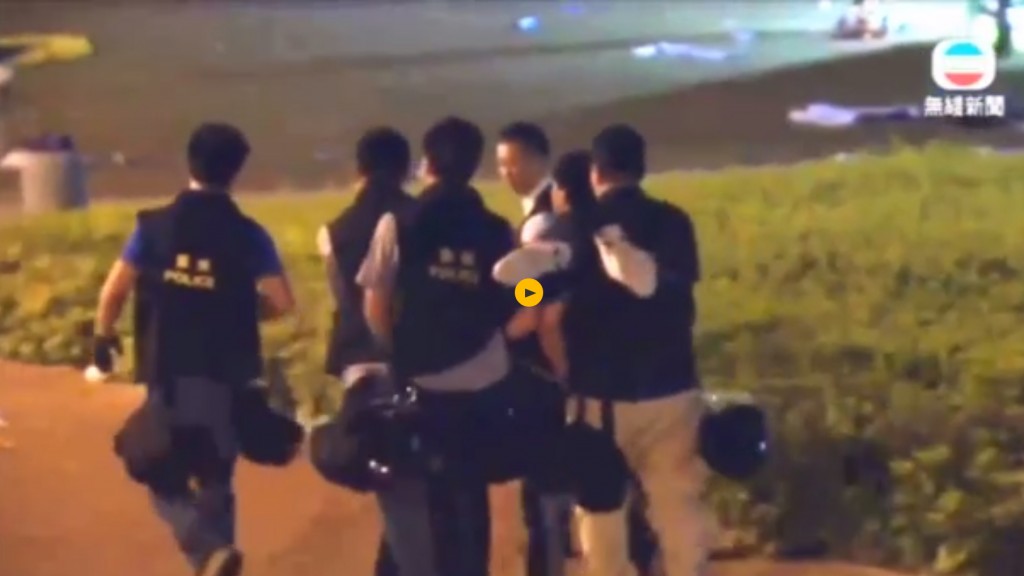
The Unified Screening Mechanism (USM) will reach its first-year landmark on 3 March 2015 and the results achieved appear rather underwhelming and disheartening for refugees seeking the protection of Hong Kong Government. Immigration Department reports that as of 12 February 2015 five claims were substantiated, which Vision First understands to include 2 minors protected with their family.
The refugee community is concerned that in 23 years since the “UN Convention Against Torture” (CAT) was extended to Hong Kong in 1992, Immigration recognized only 28 cases as tallied by the South China Morning Post. Vision First sighted several Notices of Decision that included no less than 10 children counted as individual cases, thus further diminishing the impact of such unimpressive results.
Clearly statistics paint an incomplete picture, yet they are essential to evaluate the fairness of a screening process that accepted 5 claims and rejected 826 between March and December 2014 – a 0.60% acceptance rate that is deeply discouraging for 9618 individuals whose claims were outstanding at the end of last year. Some might suggest discouragement is the target here.
Granted that Immigration officers have at best one year experience with USM, we can only hope that high standards of fairness apply to determinations that are, “of momentous importance to the individual concerned. To him, life and limb are in jeopardy and his fundamental human right not to be subjected to torture is involved. Accordingly, high standards of fairness must be demanded in the making of such a determination.” (Court of Final Appeal “Prabakar” judgment, 2004)
“How do Immigration officers assess the situation in my country?” questioned an African refugee, “They don’t understand simple geography…. I have no confidence. Officers are not country experts. They print maps from the internet and learn from general websites that don’t explain the deep-rooted problems I faced. Shouldn’t I be worried about the quality of assessments?”
An Indian refugee said he had claims of police corruption in India rejected on the basis that India was a democracy and government websites called for a corruption-free administration in which offenders would be prosecuted to the fullest extent of the law. The claimant was faulted for having failed to report to the Police Anti-Corruption Bureau that village constables had drawn false charges against him allegedly upon the instigation of a rich and powerful land owner. Should he be deported?
There is a vast difference between what governments represent on official websites and law and order as implemented in the streets, where the enforcement action of anti-corruption bodies might not be taken seriously. That is the difference between theory and reality, the divergence between the rule of law and its application in the dark corners where human weakness prevails.
For that matter, police abuse in the cover of darkness isn’t unknown in developed countries.


